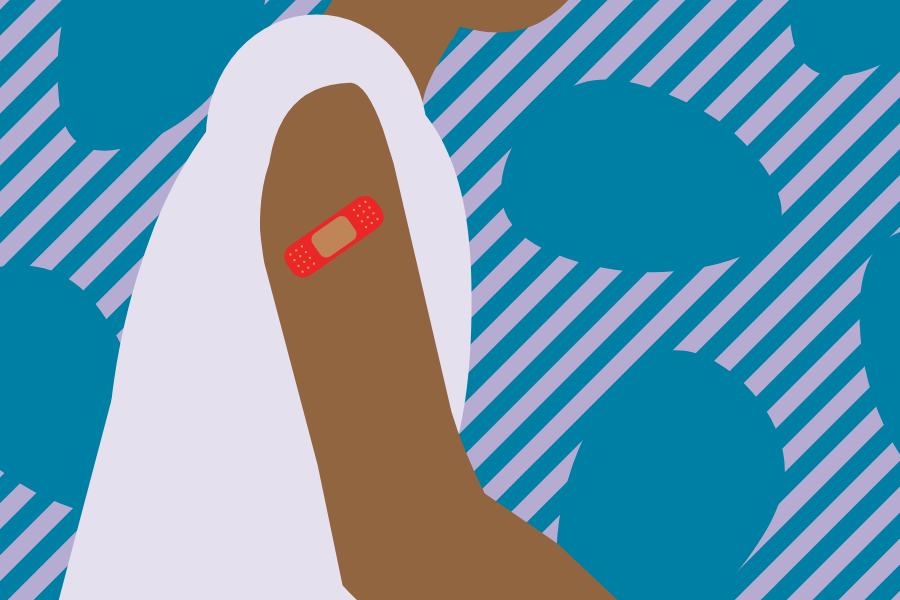Researchers find more favorable attitudes toward vaccination after J&J vaccine hold
Researchers from four universities found more favorable attitudes toward COVID-19 vaccination despite high public awareness of the hold on the Johnson & Johnson vaccine.
May 5, 2021
The pause in rollout of the Johnson & Johnson (Janssen) COVID-19 vaccine had no negative effect on vaccination attitudes, according to a survey conducted by researchers from Northwestern, Harvard, Northeastern and Rutgers.
Federal health officials called for a pause on the Johnson & Johnson vaccine last month after a rare blood clot had emerged in six people out of nearly seven million after getting vaccinated. Immediately after the pause, a small percentage of unvaccinated individuals shifted to being pro-vaccine, according to a University release.
“Awareness of the J&J vaccine pause was very high, with 74% of respondents indicating awareness,” the release stated. “However, comparing data collected before, during and after the J&J pause showed there was not a significant impact on intention to vaccinate.”
Researchers from the four universities surveyed over 18,750 individuals in the United States to assess vaccination attitudes throughout April. The researchers used national poll data to measure changes in vaccination intentions to evaluate the impact of the Johnson & Johnson pause on hesitancy and resistance toward COVID-19 vaccines.
The report also said vaccination rates in the U.S. are starting to slow down. While Americans who are enthusiastic about the vaccine are rapidly being vaccinated, those who were previously skeptical about vaccines have since changed their minds.
Respondents surveyed again after the pause preferred the Pfizer-BioNTech vaccine and Moderna over Johnson & Johnson, according to the release.
The researchers analyzed gender, race, age, education, income and political affiliation and found that the number of vaccinations and vaccine enthusiasm increased across nearly every sampled demographic category after the pause.
“This is an encouraging finding that people seem to understand and trust the reality that science requires due diligence, and the disruption should not be taken as news to not get the vaccine,” researcher and Weinberg Prof. James Druckman said in the release.
Email: [email protected]
Twitter: @jacquygermain
Related Stories:
— Northwestern Health Service to help students register for second vaccine appointments
— Students discuss uncertainty about vaccination requirements for Fall Quarter












